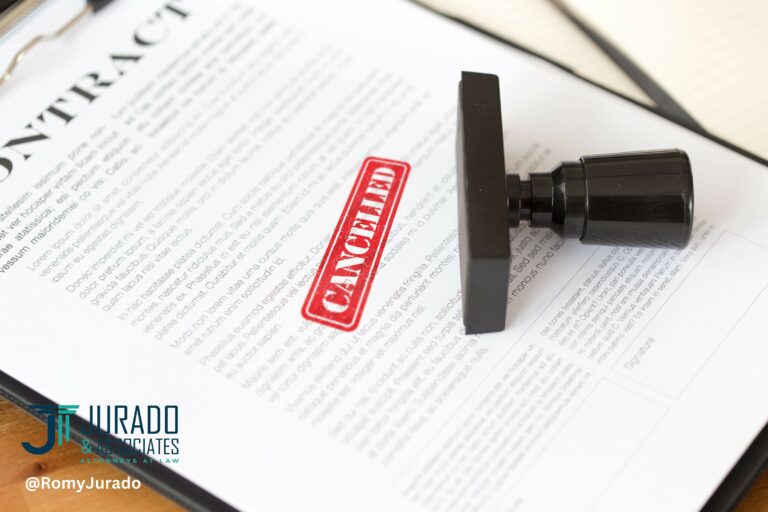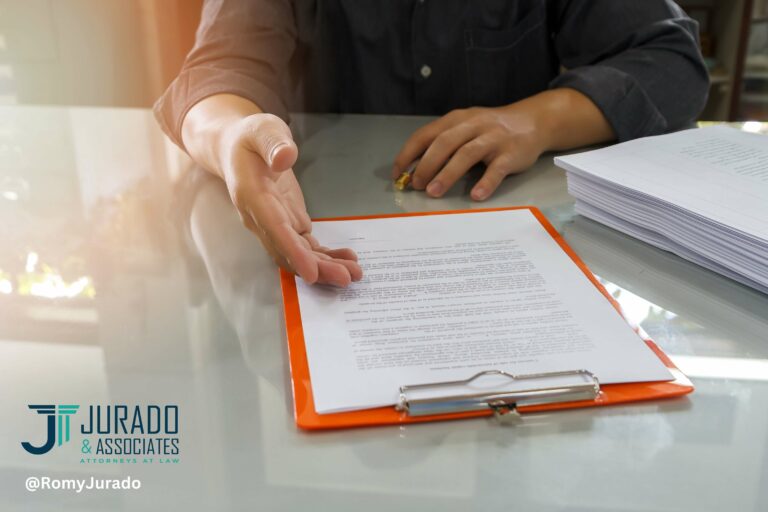If you want a simpler and faster method to sell a house in Florida, an As Is contract can be a reliable solution for your case. In this article, you will learn what “As Is” means in real estate law and whether you can sell a property “As Is” in Florida.
What is an “As Is” Contract in Florida Real Estate?
The term “As Is” refers to a property sold in its current condition. When the buyer agrees to sign an As Is contract to purchase a property, the seller does not need to worry about repairs.
If the buyer proceeds with an inspection of the property and finds an issue with it, the seller is not obligated to make repairs – regardless of how severe the issue might be. In a conventional sale, the seller is usually liable for fixing any mistakes with the property before closing.
Both parties involved in the real estate transaction must sign the “As Is” contract, otherwise it is not valid.
Can You Sell a House As Is in Florida? – The Verdict
Florida law allows you to sell a house using an “As Is” contract. Hence, if both parties involved in a real estate transaction agree, the seller is not obligated to make repairs before closing. Please note that state law has specific disclosure requirements for “As Is” sales.
With an “As Is” contract, you can sell a property much faster, as you can sell the property in its current state. This alternative is often used by property owners who desperately need money or seeking to move out quickly.
While Florida residents are allowed to sell “As Is” property, the real discussion is whether this approach is beneficial for both parties in the transaction.
What Are the Seller’s Disclosure Duties in a Florida “As Is” Contract?
State law imposes specific disclosure requirements to determine the validity of “As Is” contracts in Florida. If a seller fails to meet specific disclosure requirements, the contract will likely result in legal disputes between the parties involved.
In essence, the seller cannot hide any issues that may require a process of repair, restoration, or adjustment. Before signing an “As Is” contract, a seller must disclosure:
- Any potential or actual claims against the property
- Any legal proceedings involving the property
- Any sort of zoning issues or boundary disputes
- The existence of environmental hazards
- The existence of any sort of infestation or pest damage (e.g., termites)
- Any known issues affecting the property’s components, including its structural integrity, roofing, electrics, plumbing, HVAC, among others
- The existence of condominium or homeowner association (HOA) rules
- The existence of potential or actual damage caused by sinkholes
While this solution may create an easy way out of a particular situation, it may not always work as expected. In Florida, real estate sold “As Is” tends to result in lower sale proceeds than conventional sales.
This type of contract is often used by investors willing to buy “ugly” properties, renovate them, and re-sell them for profit.
Residential buyers are not always willing to buy a house sold “As Is,” as a property in bad shape featuring notable defects may hinder lenders from approving a mortgage loan and discourage potential buyers from purchasing the property.
Is “As Is” Contract an Ideal Solution for My Case? – Immediately Contact Jurado & Associates, P.A.
Waste no time – seek expert legal guidance by calling an expert attorney from Jurado & Associates, P.A at (305) 921-0976 or emailing [email protected] to schedule a consultation.






